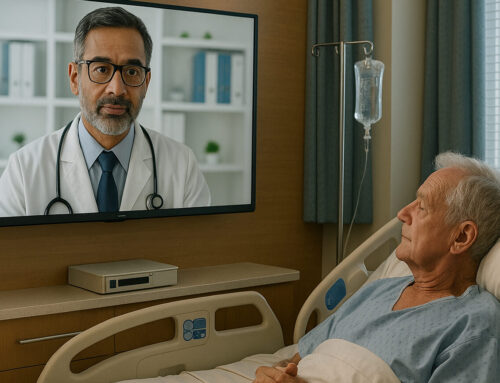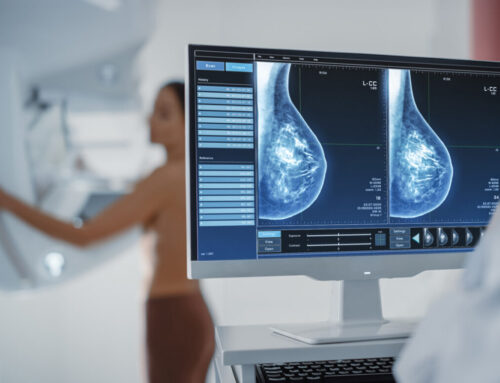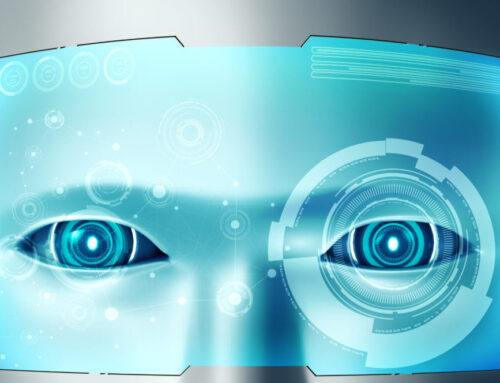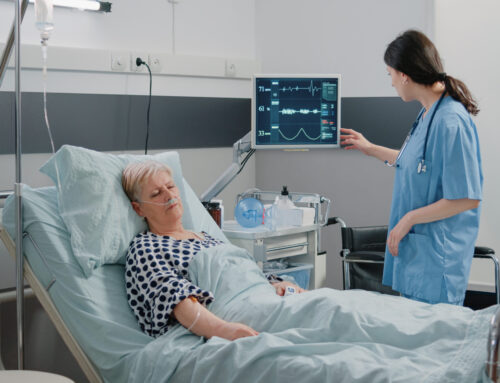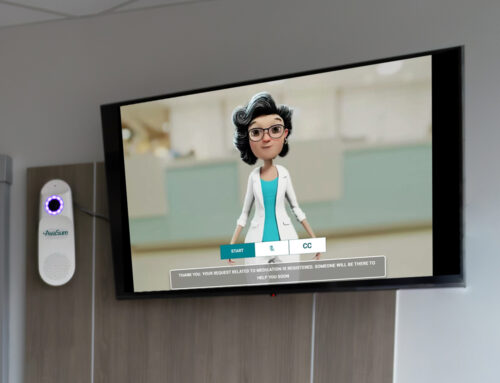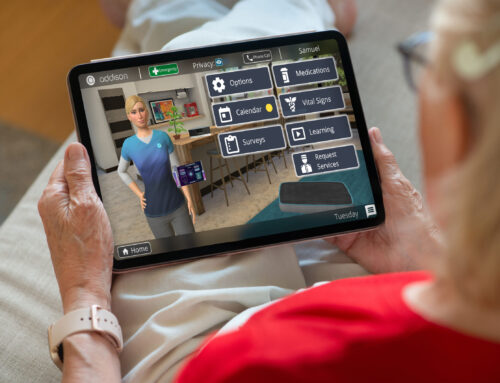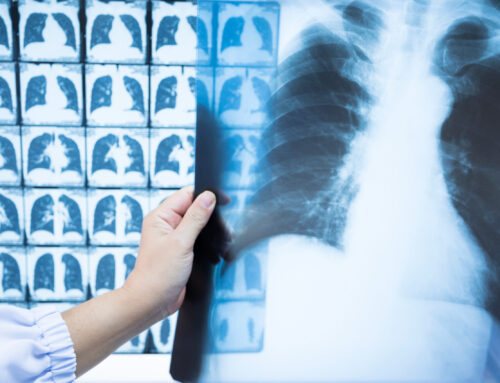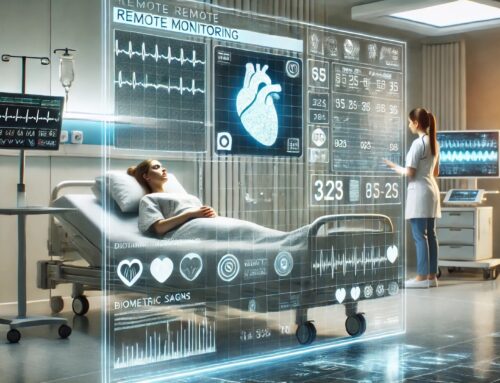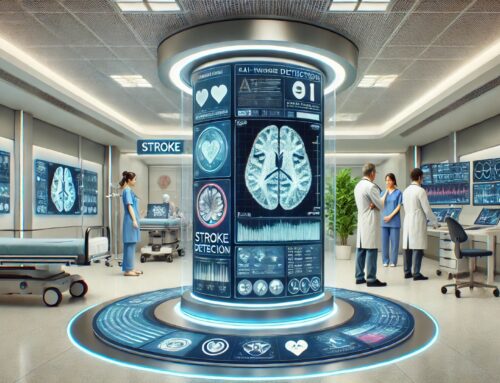Roche, a global leader in healthcare and biotechnology, is making significant strides in cancer diagnostics by expanding its digital pathology open environment. This platform, known for integrating advanced technology into healthcare, will now include more than 20 artificial intelligence (AI) algorithms from eight new partners. These algorithms are designed to help doctors and scientists improve the way they diagnose and treat cancer, ultimately leading to better outcomes for patients.
How AI is Changing Cancer Diagnosis
Roche’s digital pathology system, known as the navify® Digital Pathology platform, enables pathologists to analyze tissue samples more efficiently. With the integration of these new AI tools, the platform will provide more precise insights into diseases like prostate, breast, lung, and colorectal cancers.
The AI algorithms work by analyzing digital images of tissue samples, helping pathologists detect cancerous cells, grade tumors, and even identify biomarkers that can suggest how a patient might respond to treatment. For instance, Deep Bio offers an algorithm that helps identify and assess prostate cancer, while Lunit provides a tool for analyzing non-small cell lung cancer. These advancements allow for more personalized treatment plans, often referred to as precision medicine.
Expanding AI Collaborations
Roche has teamed up with eight leading technology companies, each bringing unique expertise in AI-driven cancer diagnostics. These collaborators include:
•Deep Bio: Specializing in prostate cancer detection and grading.
•DiaDeep: Focused on quantifying biomarkers for breast cancer.
•Lunit: Provides tools for lung cancer analysis.
•Mindpeak: Offers algorithms for breast cancer biomarkers and various other cancers.
•Owkin: Develops tools for identifying colorectal cancer markers.
•Qritive: Works on prostate and colon cancer detection.
•Sonrai Analytics: Specializes in colorectal cancer risk screening.
•Stratipath: Focuses on breast cancer risk profiling.
These collaborations aim to improve the accuracy and speed of cancer diagnostics, helping doctors create better treatment plans for their patients. As Jill German, Head of Pathology Lab for Roche Diagnostics, explains, “By combining our leadership in tissue diagnostics with cutting-edge AI technology, we aim to revolutionize cancer research, diagnostics, and treatment.”
Why This Matters for Cancer Patients
AI technology in pathology can significantly enhance the way doctors diagnose cancer. Traditional methods often rely on visual inspection of tissue samples, which can be time-consuming and subject to human error. AI, however, can quickly process large amounts of data and provide more accurate results, allowing doctors to make quicker, better-informed decisions.
By improving the way cancer is diagnosed, these AI tools can help doctors tailor treatments to individual patients. For example, by identifying specific biomarkers, doctors can predict which treatments are most likely to work for a particular patient. This approach, known as personalized healthcare, is becoming more common in cancer treatment, leading to better outcomes for many patients.
Roche’s Commitment to Innovation
Roche has long been a leader in healthcare innovation, and this latest expansion of its digital pathology platform is part of the company’s ongoing efforts to improve patient care. By combining AI with traditional pathology methods, Roche is helping to move cancer diagnostics into the future. The company is committed to developing tools that can be used not just in research, but in everyday clinical practice.
As cancer treatments become more complex, Roche’s platform aims to support healthcare providers by offering tools that can keep up with these advancements. By integrating AI, Roche’s digital pathology environment offers a scalable, secure solution that hospitals and clinics can rely on.
About Roche
Founded in 1896, Roche is one of the world’s largest biotech companies and a leader in the field of in-vitro diagnostics. The company focuses on advancing personalized healthcare by combining scientific innovation with data insights. Roche has consistently been recognized for its efforts in sustainability and access to healthcare, having been named one of the most sustainable companies in the pharmaceutical industry for 15 years in a row.
With this latest expansion in AI-driven diagnostics, Roche is continuing its mission to transform healthcare, improve patient outcomes, and make treatments more precise and personalized.
For more information on Roche’s innovations and how they are advancing cancer diagnostics, visit Roche’s website.

